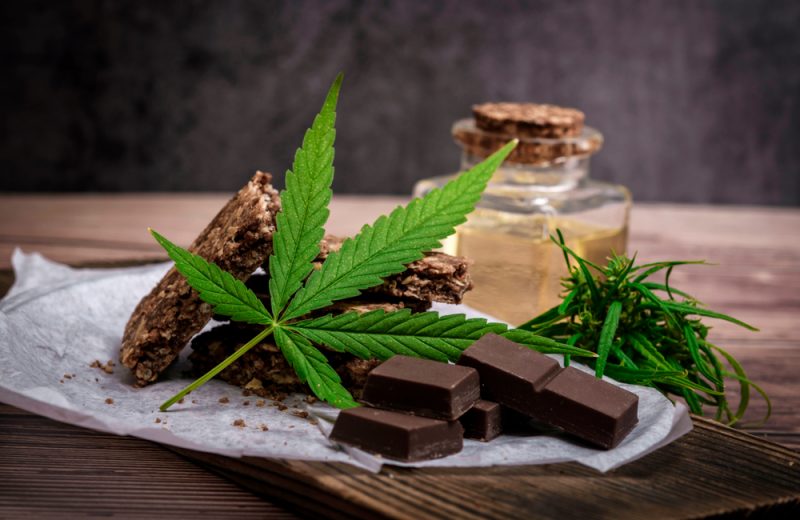In a perfect world, there would be a hemp plant that is completely THC-free and did not have a trace of THC in it at all. Although the people that love THC might not like it, there would be a lot less stress and conflicts of interest in the CBD industry of today. Let’s take a closer look at hemp, THC and some of the concerns that people have with it comes to having too much THC in a product.
What is Hemp, Anyway?
As you may already know cannabis is a family of flowering plants that have a high concentration of various cannabinoids that make up the essence of the plant. Two of the more popular cannabinoids that we hear a lot about today are THC and CBD. Although CBD and CBD are becoming more popular as scientists uncover more truths about cannabis, at this point THC and CBD are the most highly sought-after cannabinoids in existence.
Hemp is a strain of cannabis that has been bred and crossbred throughout the years in order to create a plant that was as low as possible in THC and as high as possible in CBD. although over the years there has been much controversy over the legality of having hemp plants, today it is legal to grow and process industrial hemp in the United States, as long as it has a THC content of 3% or lower.
Nitpicking the Terms
If you have ever followed the news you might recall in the near recent past there was quite a bit of buzz surrounding the problems that trans fat was causing the people that ate it. There were claims of heart disease and strokes all from the consumption of foods that contain trans fat.
The problem was that real fats such as butter and olive oil go bad after a certain amount of heat and a certain amount of time. When products such as pre-packaged sweets, cakes, and other treats were manufactured, there was no way to make them and put them on the shelves without them going bad unless they used a special kind of fat that would not spoil. Alas, trans fat was born.
As the dangers of trans fat become worse and worse, people started looking at the ingredients of their foods more and refused to buy them if they even mentioned trans fat.
Suddenly there were claims that the product contained zero grams of trans fat. Essentially, this was a true statement. There were zero grams of trans fat per serving in a product. However if there were .9 grams of trans fat in the serving, companies could legally still list that there were 0 grams of trans fat in a serving because there was less than a gram.
So it is With THC
Although less than 3% of THC in a product is so minuscule that it would not get anybody high, companies are pushing that they can put THC-free claims on their products if the amount of THC is less than 3% per serving.
So as for something being THC-free, it would be more a matter of perspective than anything.
THC-Free Hemp Plants
There is a group of scientists that claim that they have developed a strain of hemp that is free of THC, however, there is not much evidence to boast about this. THC is a cannabinoid that grows within the hemp plant that helps to keep it safe and alive. THC is developed within the plant from different compounds before it even comes into existence. Without THC, hemp would not be hemp at all.
Scientists have a lot to learn about cannabinoids and what makes them the way that they are. It is not impossible to create a hemp plant that does not have any THC in it, but as for there being a strain of hemp that is able to thrive and grow, it’s not in the public eye yet.

